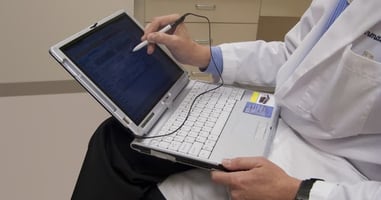It is possible to predict whether youth with a history of bipolar disorder will experience a...
Stepped-Care Model for BPD Can Be Effective in Some Patients, Expert Says
 |
Evidence-based treatments of BPD have been shown to be effective, but they also tend to be lengthy and costly. In his column, Paris, a professor of psychiatry at McGill University, discusses options for briefer, more-focused therapies that might be used for patients with less-severe symptoms. One such intervention is the Systems Training for Emotional Predictability and Problem Solving (STEPPS) model. Paris noted that clinical trials of STEPPS showed that a 20-session program can be highly effective for less severely disabled patients.
“Providing brief treatment for patients who present with more acute symptoms would allow specialized personality disorder clinics to be more accessible and would limit or eliminate waiting lists,” he suggests. “Not all patients can be treated briefly, but a stepped-care model allows those with less-severe symptoms to be managed with fewer resources, freeing up more time and personnel for the treatment of those who need treatment the most—patients who are chronic users of services and who require rehabilitation programs.”
For more information about BPD treatment, see the Psychiatric News article, “Social and Work Skills Key to BPD Recovery.”
(Image: Nuiiko/shutterstock.com)



